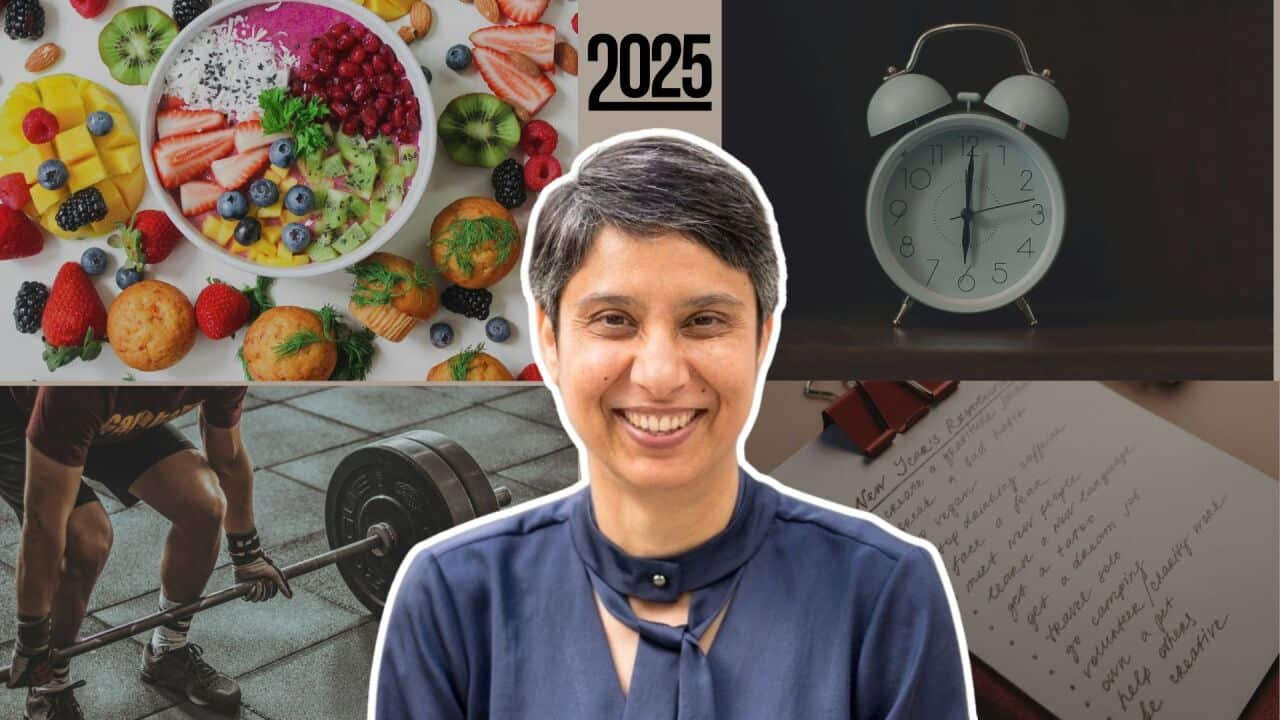Madde Pervaz and her partner Tim always wanted to have children young. However like many women, Madde isn’t keen on having children without parental help at hand.
Australia’s current border restrictions allow spouses, de facto partners, dependent children and legal guardians of Australian citizens and permanent residents to enter Australia, but not parents and other family members.
She says COVID has caused uncertainty because of border closures and she plans to leave Australia if the situation does not improve.
“I know a lot of countries in Europe have obviously been in lockdown for a lot longer than us here in Australia but I feel like the difference is that when they are actually open up, they are able to leave. They are able to go places, they are able to see people outside of their country. We have been lucky to live a fairly non restricted life."
Even before the pandemic, pregnancy and birth can be daunting. But during a pandemic, visiting the GP or hospital for antenatal check-ups and to give birth carries new risks.
In times of outbreaks, visits to postnatal wards are severely limited, as are household guests, meaning new mothers can be more isolated and less supported.
The Australian Institute of Family Studies found one in five Australian women have changed their plans of having children because of the pandemic.
One in seven women indicated that COVID-19 likely impacted when they would have children, with the majority of this cohort choosing to delay having children.
Financial insecurity has also played a significant role in women’s decisions around conceiving, with 62 per cent of respondents who had stopped trying to conceive during the pandemic having suffered employment loss.
Click on the player at the top of the page to listen to the feature in Punjabi.
People in Australia must stay at least 1.5 meters away from others. Check your state’s restrictions on gathering limits.
If you are experiencing cold or flu symptoms, stay home and arrange a test by calling your doctor or contact the Coronavirus Health Information Hotline on 1800 020 080. News and information is available in 63 languages at




